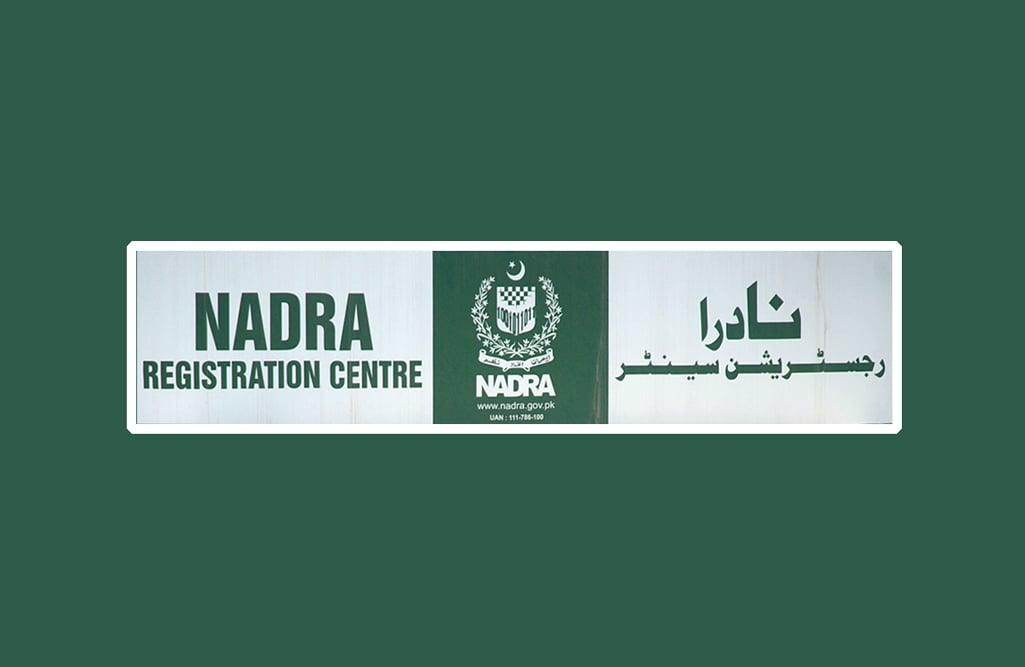Lahore:
Long after families have fulfilled the last rituals of their deceased loved ones, many remain alive in Nadra’s official items thanks to delays in the cancellation of their national identity cards, creating unnecessary disadvantages to the surviving relatives.
Such a citizen was Majid Hussain, who was facing difficulty selling his late father’s property. “When I tried to sell the stores registered under my father’s name, a person claimed that the stores were pledged for a loan of RS5 million. He even presented counterfeit documents. Despite a case filed in court, the question remains unresolved when my father’s ID card was not canceled in Nadra’s records,” lamented Hussain.
Similarly, Nabeela Kausar faced questions that updated her last name on her cnic when her father’s death was not registered with Nadra. “I visited the Nadra Office to replace my father’s name with my husband’s name, but was asked to give my parents ‘original CNICs. When I informed them of my parents’ death, the officials instructed me to cancel their CNICs before updating my record,” Kausar claimed.
According to the National Database & Registration Authority (NADRA), despite the registration of over 100 million deaths in the provincial civilian registration and management system, the identity cards for these persons have not been canceled in Nadra’s items, which introduces a number of legal and administrative problems for the deceased relatives.
Conversely, the lack of canceling the deceased individuals CNics has also led to irregularities in various welfare programs. In the Punjab government’s Ramadan Nigahban program, hundreds of controls worth RS10,000 were issued in the name of individuals who had died and deprived many families to receive help.
Legal experts believe that the lack of canceling a deceased person’s identity card can create a number of problems for their heirs. While this can prevent many legal heirs from getting property, it may also enable counterfeiting, allowing unauthorized persons to seize property or withdraw money from bank accounts.
If a government’s employee’s identity card is not canceled, their pension and other benefits can be obtained illegally. In addition, there is a risk of choices for election due to the inclusion of deceased persons on the electoral list in the Electoral Commission registers.
Senior Lawyer Altamash Saeed informed this correspondent that Nadra’s items were linked to various government databases. “If a person’s death is not registered, it can create complications in immigration and other legal affairs. Therefore, Nadra should give local trade union councils to directly update birth, death, marriage and divorce records in Nadra’s database. This would help citizens avoid unnecessary difficulties,” opens Saeed.
Reportedly, Nadra has introduced an SMS message system to involve citizens in the posthumous process that informs close relatives of deceased persons to visit Nadra registration centers to cancel their identity cards. A public awareness campaign is also underway by using social media, printed and electronic media to convey this information.
According to new rules, the parents, spouse, children, siblings or other close relatives listed in the deceased’s family record can cancel the ID card. The required documents include the original ID card or its number, a computer -death certificate issued by Union Council, Cantonment Board or Tehsil Municipal Office and a funeral certificate.
“Cancellation of an identity card is free and the cancellation certificate is issued within seven days. To prevent abuse, the original identity card in the Nadra registration center is destroyed. Authorities are calling on citizens to take timely action to prevent potential forgery and ensure the accuracy of the government register,” said Nadra officials.



